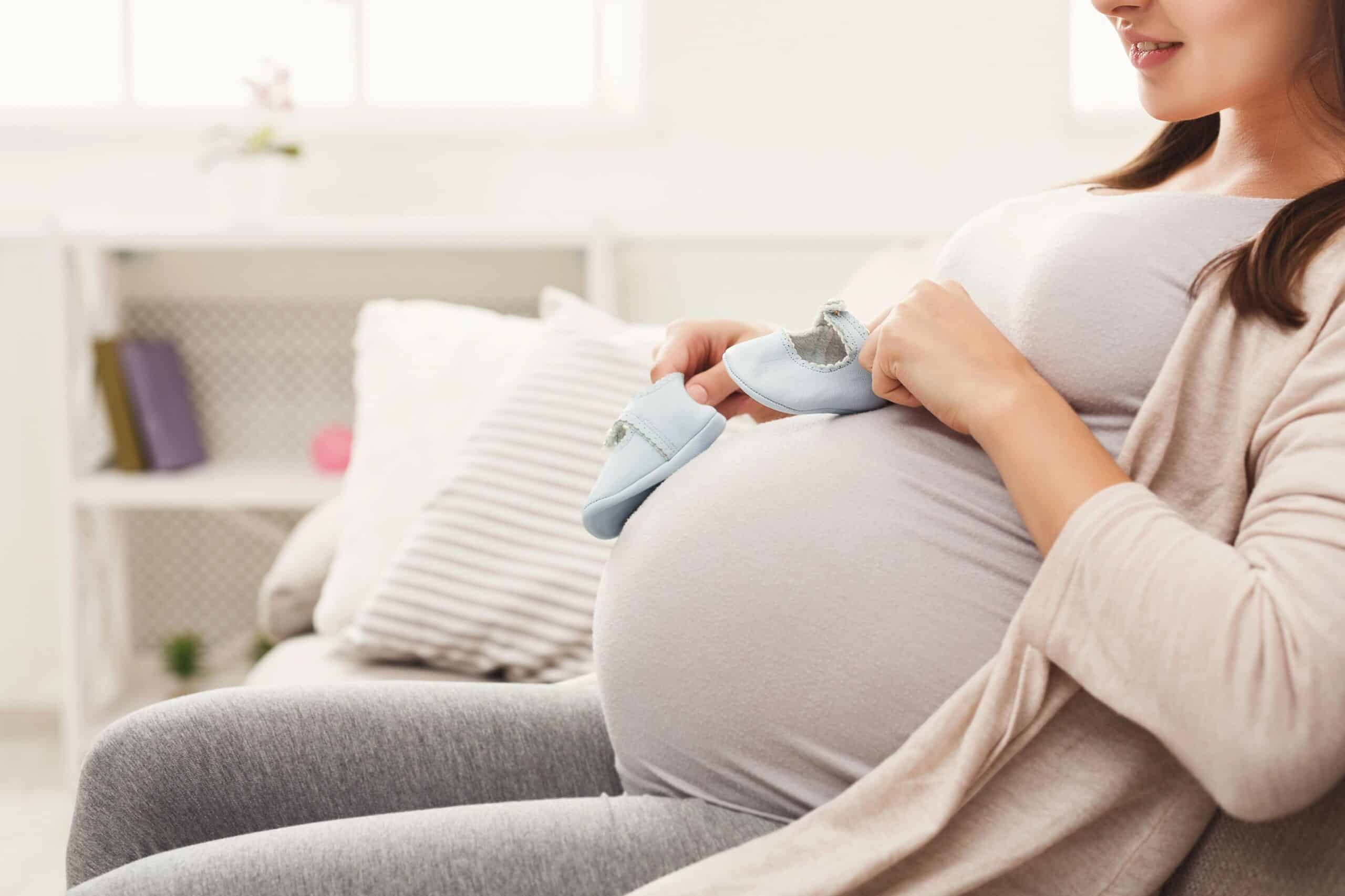The Civil Liability Act (NSW) 2002 made it very clear in s27 that a personal injury includes an impairment to a person’s physical or mental condition. Further s29 stated that a plaintiff is not prevented from recovering damages, just because, the personal injury arose wholly or in part from mental or nervous shock.
Claims for personal injury relating to psychiatric and psychological injuries can be separated into two broad categories, which the Civil Liability Act (NSW) 2002 defined as:
- Consequential mental harm – that is mental harm which is a consequence of a personal injury of any other kind.
- Pure mental harm – that is mental harm other than consequential mental harm.
Consequential Mental Harm
Claims for consequential mental harm in the birth context are usually where the mother suffers from a physical injury associated with child birth which then develops into a mental health condition.
For example, a mother who sustained an anal sphincter tear during childbirth which then developed into faecal incontinence is likely to also suffer from psychological sequelae associated with the difficulties of living with such a condition. If the mother was able to prove that the anal sphincter tear was caused by negligence, she would be able to claim for any injuries associated with that tear including any psychological injuries.
Another example is where a mother sustained significant damage to her pelvic floor through a traumatic vaginal birth which then developed into; urinary incontinence, an inability to have intercourse and chronic pain. It is likely that such a mother, if she was able to prove that the pelvic floor damage was caused by negligence, would also include any psychological injuries associated with her physical injuries.
Pure Mental Harm or Nervous Shock
Claims for pure mental harm, that is where there is no physical injury, can be made by the person who directly experienced the harm, anyone who witnessed the harmful event or a particular group of family members who were affected after finding out about the harm.
In the birth context, this means that the mother herself could make a claim for her own psychiatric trauma which occurred as a result of negligence, as could any supporting friends or family who witnessed the traumatic event and any family members (within a defined group) who learned of the event later provided that they had suffered from a mental harm injury.
Where the mental harm arose in connection with another person, the person claiming must have witnessed another person being killed, injured or put in peril or be a close family member of the victim.
For example, if a baby died during childbirth as a result of negligence, the baby’s parents, brothers and sisters would be able to make a claim for any pure mental harm injuries they had sustained. The baby’s wider family would not be able to claim as they would fall outside the definition of a close family member of the victim in ss30(a) –(d) Civil Liability Act (NSW) 2002.
For such a claim to be successful the mental harm suffered must be a recognised psychiatric illness. This means that family members cannot claim for their grief at the death, as grief is not a recognised psychiatric injury. If the grief developed in an abnormal grief reaction, which is a recognised psychiatric illness, it would be possible to make a claim for the mental harm suffered.
In the case of Locke v Bova [2004] NSWSC 534 the husband of the victim witnessed his wife being put in peril and injured while she was giving birth to twins. Dr Locke as a medical doctor had been obliged to intervene due to his wife’s grave situation. The situation arose out of negligent treatment. This meant that Dr Locke was able to make a claim for his own psychiatric condition which he had developed as a result of the negligent treatment.
If you have developed psychological sequelae in connection with your physical birth trauma or if you have experienced pure mental harm as a result of a childbirth related injury to yourself or a loved one, get in touch to discuss your legal options.










